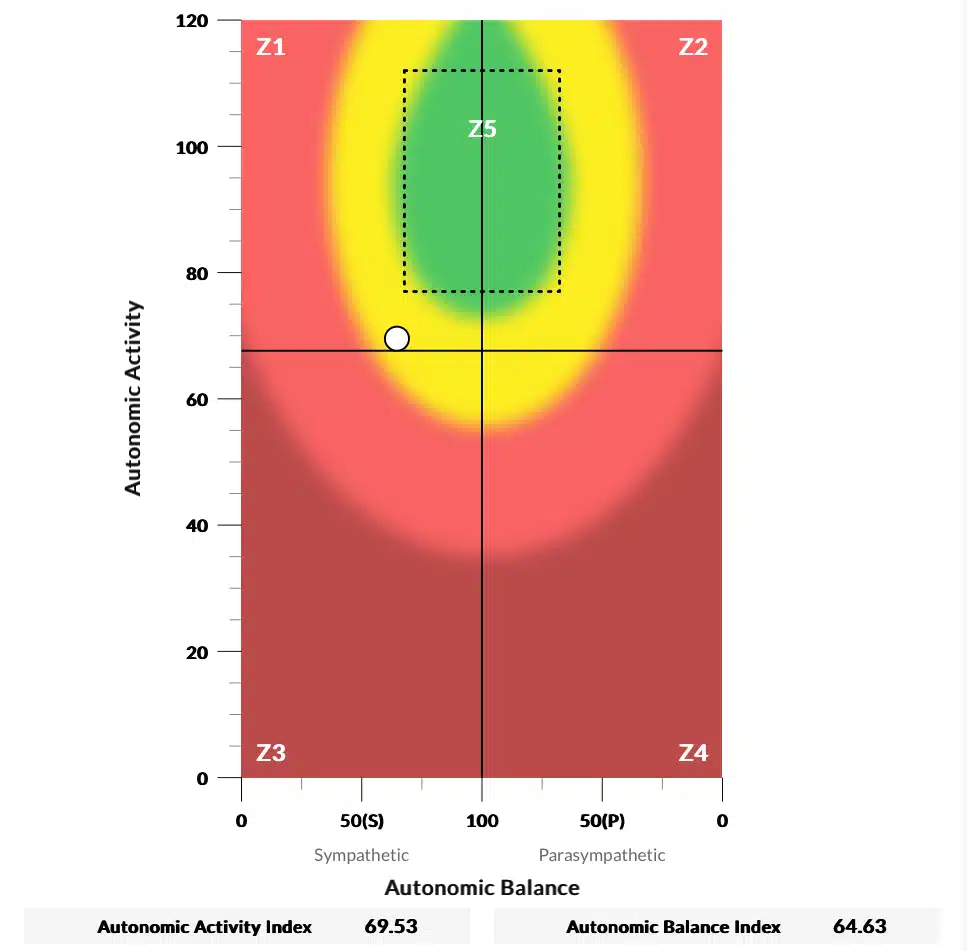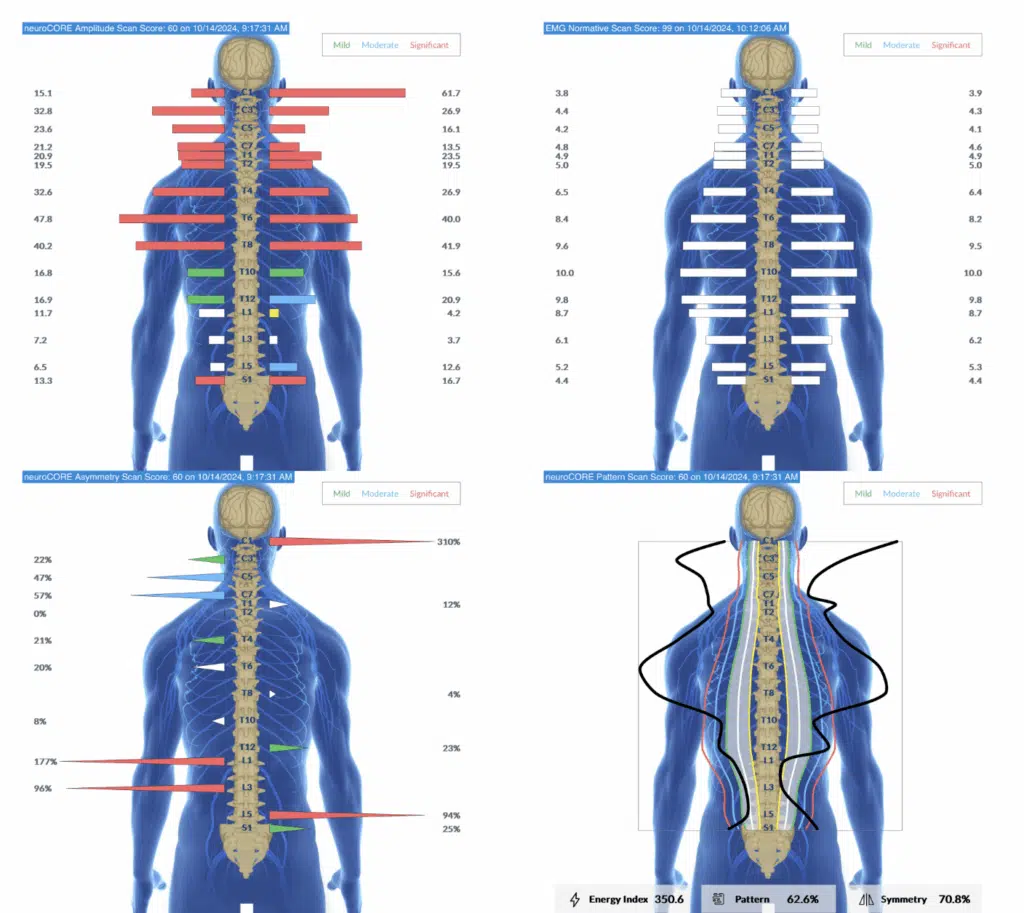Your 4-year-old insists the tall glass has more juice, even though you just poured it from the same short cup. Your 3-year-old believes the moon follows them home every night. Your 5-year-old can’t understand why grandma might be sad when they’re feeling happy.
Welcome to the preoperational stage, a fascinating window into how young minds work between ages 2 and 7.
These aren’t signs your child is struggling. They’re completely normal patterns of thinking during the preoperational stage of cognitive development. Understanding Jean Piaget’s research on how children think during these years can transform your patience, your expectations, and your ability to support your child’s natural development.
During the preoperational stage (ages 2 to 7 years), children develop the remarkable ability to use symbolic thinking, imagining things that aren’t physically present, engaging in pretend play, and using words to represent their ideas. Yet they still think in ways that seem illogical to adults, struggling with concepts like conservation, perspective-taking, and reversing mental operations.
We’ll talk about the preoperational stage in depth, how to spot development delays in children, and what to do when cognitive development becomes stuck due to underlying neurological challenges.
Understanding Piaget’s Theory
Jean Piaget (1896-1980) was a Swiss psychologist who proposed that children’s intellect progresses through four distinct stages, each characterized by increasingly complex thought processes. His background as a biologist influenced his approach. He viewed children as active learners, constantly exploring and interpreting their environment.
The term “operational” refers to logical operations, the mental manipulation and transformation of information using systematic reasoning. Children in the preoperational stage are “pre-operational” because they cannot yet perform these logical mental operations. Instead, they rely on perception, intuition, and what things appear to be rather than logical analysis.
Piaget’s Four Stages: A Brief Overview
- Stage 1: Sensorimotor (Birth to 2 Years) – Infants learn through their senses and motor activities, developing object permanence and basic cause-and-effect understanding.
- Stage 2: Preoperational (2 to 7 Years) – Children develop symbolic thinking and language but cannot yet perform logical operations. This is the focus of our article.
- Stage 3: Concrete Operational (7 to 11 Years) – Children master logical reasoning about concrete, tangible objects, including conservation, reversibility, and classification.
- Stage 4: Formal Operational (11+ Years) – Adolescents develop abstract thinking and hypothetical reasoning abilities.
What Is the Preoperational Stage?
The preoperational stage spans ages 2 to 7 years. During this stage, children develop the remarkable ability to use symbols and mental representations, thinking about objects, people, and events that aren’t physically present. They can pretend a stick is a sword, understand that the word “dog” represents an actual animal, and imagine scenarios that haven’t happened.
However, they’re considered “pre-operational” because they cannot yet perform logical operations or mentally manipulate information in systematic ways. Their thinking is dominated by perception—what they see—rather than logical reasoning.
This isn’t a failure. It’s a natural stage of brain development. The neural networks required for logical operations, particularly in the prefrontal cortex, are still forming during these years.
The Two Substages
Symbolic Function Substage (Ages 2-4): marks the emergence of symbolic representation—the ability to use one thing to stand for another. A block becomes a phone. A stick transforms into a magic wand. Your child can now think about things that aren’t physically in front of them.
Key developments: language explosion (dozens of new words weekly by age 3), flexible object substitution during play, parallel play (playing alongside others, not with them), and early animism (believing almost anything could be alive).
Intuitive Thought Substage (Ages 4-7): represents a transition toward more sophisticated thinking, though reasoning is still limited by perceptual dominance. Children make judgments based on gut feelings and immediate perceptions rather than systematic analysis.
Key developments: constant “why” questions, refined animism (only things that move are alive), artificialism (believing humans created natural phenomena), and increased social play as parallel play shifts toward cooperation.
Key Cognitive Limitations
Understanding these limitations helps you meet your child where they are, rather than expecting logical reasoning they’re not yet capable of.
Egocentrism: Unable to Take Others’ Perspectives
Egocentrism refers to a child’s cognitive inability to understand that other people have different perspectives, thoughts, and feelings than their own. Your 4-year-old genuinely believes that everyone sees, hears, thinks, and feels exactly as they do.
This is a cognitive limitation in perspective-taking. When your 3-year-old gives grandma their favorite stuffed animal to comfort her, they’re demonstrating egocentrism. They’re offering what would comfort them, unable to recognize that grandma’s needs differ from theirs.
Modern research on the theory of mind has shown that children overcome egocentrism earlier than Piaget suggested. When tasks connect to children’s real-world experiences, even 3-year-olds can demonstrate perspective-taking. Egocentrism resolves gradually, task by task, rather than all at once.
Centration: Focusing on One Aspect
Centration is the tendency to focus on one salient feature of a situation while completely ignoring other relevant aspects. Preoperational children can’t yet decenter and consider multiple dimensions simultaneously.
A child using centration might:
- Judge which row has more objects based solely on length, ignoring the spacing between items
- Determine “fairness” based on a single factor while overlooking other considerations
- Categorize all objects by color alone, unable to simultaneously consider color AND shape
Irreversibility: Unable to Mentally Reverse Actions
Irreversibility is the inability to mentally reverse a sequence of events or operations back to their starting point. Examples in daily life:
- Route reversal: Your child might not understand that the route from home to school can be reversed to get back home
- Mathematical operations: If asked, “What is 3 + 2?”, a 4-year-old might correctly answer “5.” But if then asked “What is 5 – 2?”, they struggle
- Physical transformations: After watching water pour from a short glass to a tall one, they can’t mentally reverse the action
The development of mental reversibility around age 7 marks a critical shift to the concrete operational stage.
Animism, Artificialism, and Transductive Reasoning
- Animism evolves throughout the preoperational stage. Ages 2-4: Almost anything might be alive, toys have feelings, and the moon is following them. Ages 4-7: Children refine their criteria: “If it moves, it must be alive.”
- Artificialism typically emerges around ages 4-5—the belief that humans created natural phenomena. “Who made the mountains?” This reflects egocentric thinking: children understand that people create things, so they assume people created everything.
- Transductive reasoning involves making incorrect connections between events without understanding cause-and-effect. Examples: “The mailman came, so it must be Tuesday” or “I wore my red shirt and we went to the park, so my red shirt makes us go to the park.”
Moving Beyond the Preoperational Stage
Around age 7, a qualitative shift occurs in how children think. This is a fundamental restructuring of cognitive operations. Three crucial abilities emerge:
- Mental Reversibility: Children suddenly understand that actions can be undone. Pour water from a short glass to a tall glass? They can mentally reverse that action and recognize that the amount stayed the same.
- Decentering Ability: Instead of focusing on one dimension, children can now consider multiple aspects simultaneously.
- Logical Operations: Children develop the capacity to perform systematic mental operations on concrete objects. They can classify objects into hierarchies, arrange items in order by multiple characteristics, and use if-then logic consistently.
Parents often notice this shift suddenly: Your child who insisted the tall glass had more juice last month now rolls their eyes at the question, “Mom, it’s the same juice you just poured!”
The Neurological Foundation of Development
While Piaget focused on observable behaviors, modern neuroscience reveals the biological foundation underlying preoperational thinking. Understanding this brain-based perspective helps explain why these cognitive limitations are normal—and why some children struggle more than others.
Brain Development During Ages 2-7
Between ages 2 and 7, remarkable brain development occurs—but it’s far from complete. The prefrontal cortex, which governs logical reasoning, impulse control, planning, and abstract thinking, undergoes significant maturation during these years but won’t fully develop until the mid-twenties.
The preoperational child’s cognitive limitations reflect incomplete neural maturation:
- Inability to perform logical operations corresponds to underdeveloped prefrontal networks
- Centration and inability to decenter reflect limited working memory capacity and executive function
- Egocentrism and difficulty with perspective-taking correspond to developing social cognition areas that help us understand others’ mental states.
Throughout the preoperational stage, myelination—the insulation of neural pathways with fatty myelin sheaths—progresses steadily. This speeds up information processing and enables more efficient neural communication. As myelination advances, information processing becomes faster, eventually enabling the concrete operational abilities that emerge around age 7.
Your child’s brain is doing exactly what it’s supposed to be doing at this age.
When Development Gets Stuck: The Perfect Storm
Most children progress through the preoperational stage naturally. But some children struggle. They may show delayed symbolic thinking, demonstrate extreme egocentrism beyond typical ages, have difficulty with age-appropriate tasks, or struggle transitioning to concrete operational thinking.
Often, these challenges trace back to what we call “The Perfect Storm,” a convergence of factors that disrupt neurological development from the very beginning.
How The Perfect Storm Disrupts Cognitive Development
- The “Perfect Storm” begins before a child is born: Maternal stress during pregnancy affects fetal development through stress hormones crossing the placenta. The developing brain is incredibly sensitive to these chemical signals, which can alter neural pathway formation.
- Birth interventions create the next layer of stress: C-sections, forceps deliveries, vacuum extraction, and difficult labor can create physical trauma to the delicate structures of a baby’s neck and spine, exactly where critical nerve pathways controlling brain-body communication reside. Nearly half of births today involve some form of intervention.
- Early childhood stressors compound the problem: Repeated antibiotic use (disrupting the gut-brain axis), environmental toxins, frequent infections, nutritional deficiencies, and chronic stress all accumulate. The developing nervous system becomes overwhelmed.
This neurological stress creates subluxation and dysautonomia—nervous system dysfunction that interferes with the body’s ability to regulate, adapt, and develop optimally. When a child’s nervous system is stuck in “fight-or-flight” mode, the brain’s higher-level development (like symbolic thinking, decentering ability, and perspective-taking) becomes secondary to survival.
The Missing Piece Most Conventional Approaches Overlook
Here’s what most conventional approaches miss: You can’t address cognitive development delays by working on cognition alone. You must address the neurological foundation first.
The nervous system controls everything—including brain development, learning, memory formation, attention, and the neural maturation required to progress through Piaget’s stages. When subluxation, dysautonomia, and vagus nerve dysfunction create interference in this master control system, development gets stuck.
This explains why some children receive every educational intervention, every therapy, every support, yet still struggle to progress. The foundation needs attention first.
Supporting Your Child Through the Preoperational Stage
As a parent, you play a crucial role in supporting your child’s cognitive development during the preoperational years.
Age-Appropriate Activities
Support your child’s development through:
- Pretend play: Provide props for role-playing and let children transform ordinary objects into whatever their imagination creates
- Story discussions: Ask questions that encourage perspective-taking: “How do you think the character felt?”
- Sorting games: Provide opportunities to categorize objects by color, size, shape, or type
- Simple board games: These teach rule-following, delayed gratification, and understanding that others have different perspectives
When to Seek Additional Guidance
Red flags that may indicate underlying developmental delays:
- Limited or absent pretend play by age 3-4
- Extremely delayed language development (not speaking in 2-3 word phrases by age 3)
- No interest in peers or parallel play by age 3-4
- Inability to follow simple two-step directions by age 5
- Extreme rigidity or distress with changes in routine
- Regression in previously mastered skills
If your child is struggling with age-appropriate cognitive milestones, the issue may not be cognitive at all, it may be neurological.
Neurologically-Focused Care for Your Child’s Cognitive Potential
If your child is struggling with age-appropriate symbolic thinking, showing extreme egocentrism beyond typical ages, having difficulty with pretend play and mental representations, or struggling to progress through the preoperational stage developmentally, there may be an underlying neurological component that conventional approaches completely miss.
At PX Docs, we understand that cognitive development, including the progression through Piaget’s preoperational stage, depends on a properly functioning nervous system. You can provide all the educational support, therapy, and enrichment activities in the world, but if the neurological foundation is compromised, development remains stuck.
Our approach addresses what conventional medicine overlooks: subluxation, dysautonomia, and nervous system dysregulation that create interference in your child’s master control system.
How We Identify Neurological Stress
INSiGHT scanning technology reveals the neurological stress patterns that may be holding your child back. These advanced neurological assessments measure:
- Heart rate variability (HRV): Shows how well the nervous system adapts and regulates
- Surface EMG: Reveals tension and stress patterns in the spine and nervous system
- Thermal imaging: Detects autonomic nervous system dysfunction


Here’s what makes our approach different: We’re not caring for cognitive delays with more cognitive interventions. We’re addressing the neurological foundation that makes cognitive development possible in the first place.
The Bottom Line
The nervous system heals from the inside out. You may see changes in INSiGHT scans, showing reduced stress, improved regulation, and better balance, before observable behavioral changes. This is actually a positive sign. The foundation is being rebuilt.
If you have concerns about your child’s cognitive development or simply want to ensure they have the best possible neurological foundation for learning and growth, we encourage you to visit the PX Docs directory and find a practitioner near you.
Together, we can create a personalized care plan that addresses the root neurological causes and supports your child’s journey through the preoperational stage and beyond.





